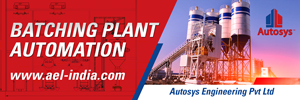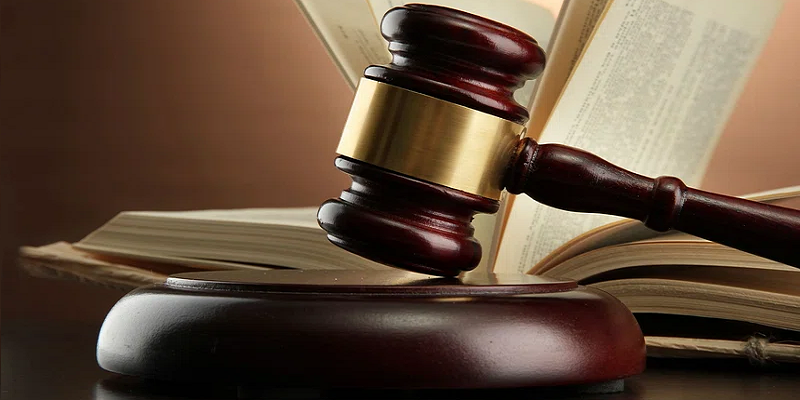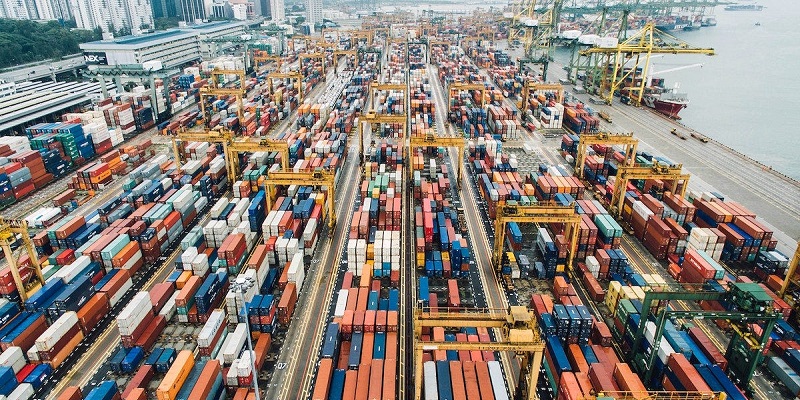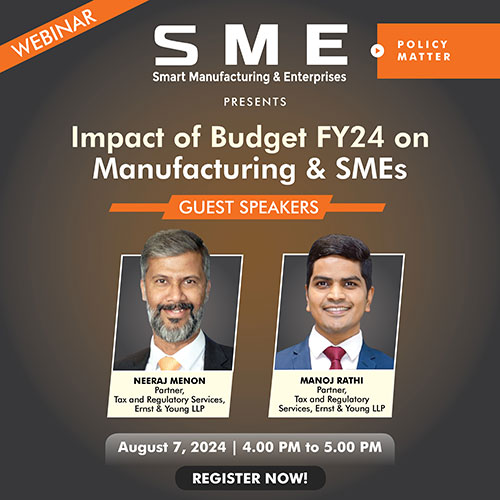Schedule a Call Back
Share of diesel vehicles will go down in favour of petrol versions
 Interviews
Interviews- Jun 01,18

Related Stories
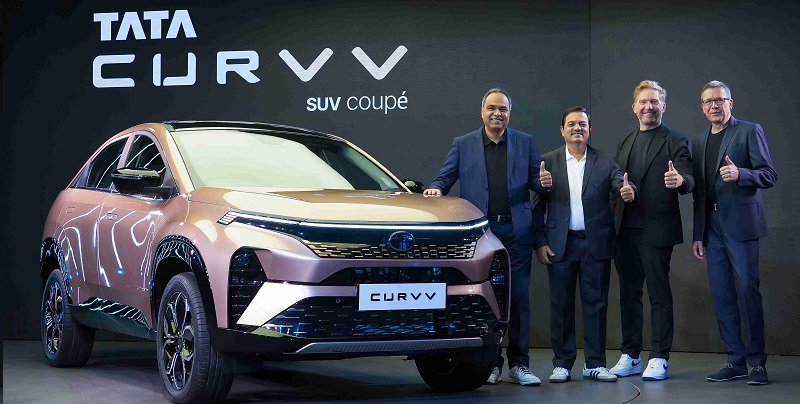
Tata Motors launches India’s first SUV Coupe-Curvv.ev
The car is priced at an attractive starting price of Rs 1.749 million with a long driving range of 585 km.
Read more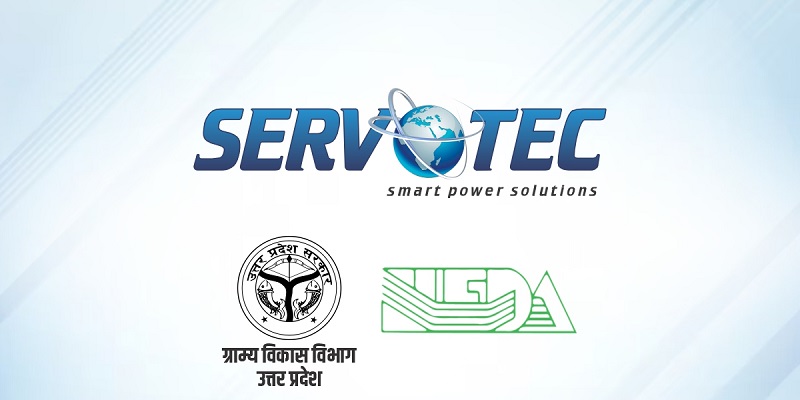
Servotech gets 1.2 MW solar storage and grid order from UP SIRD and UPNEDA
The company will also be designing, manufacturing, supplying, erecting, testing and commissioning 20 kW and 40 kW grid-connected solar power systems, contributing to the state’s renewable energy g..
Read more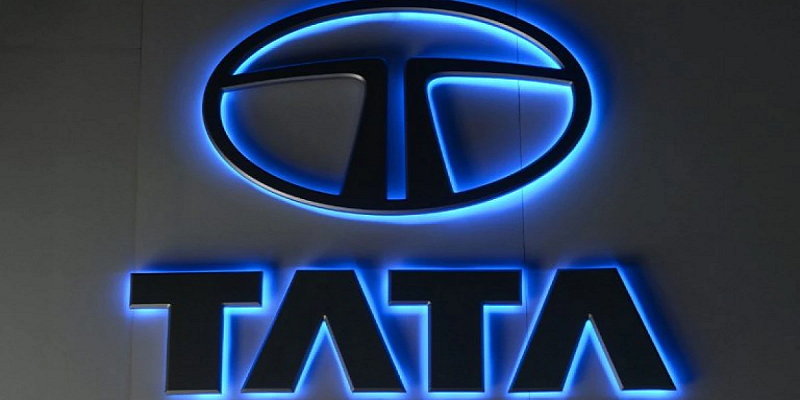
TPEML and TPREL collaborate to reach zero-emissions mobility in India
Tata Power Renewable Energy Ltd. through its extensive EV charging network of 5,600 public charging points is strategically positioned across India to provide solar-powered charging solutions.
Read moreRelated Products
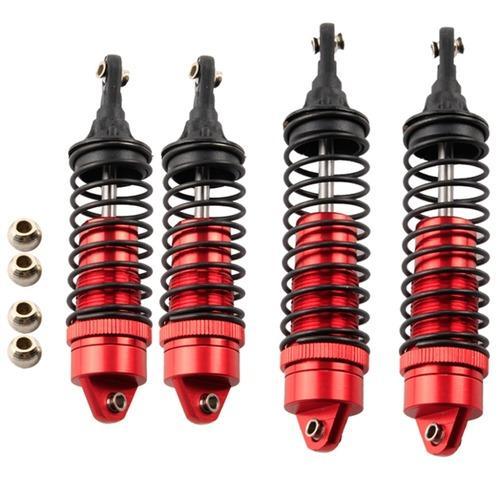
Automotive Shock Absorbers - Auto Parts
TMA International Private Ltd. has export comprehensive range of shock absorbers.
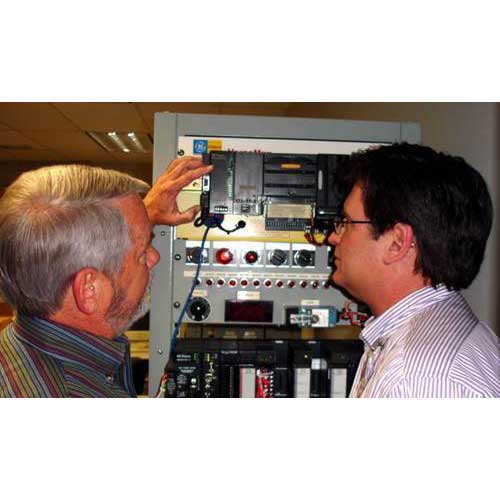
Factory Automation Service
Frontline Technologies offered factory automation services.
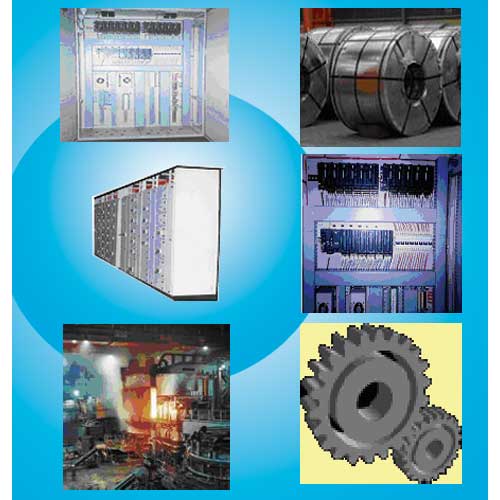
Automation Solutions
Rechner Automation Systems Pvt Ltd is a one stop provider of industrial automation solutions. Read more

